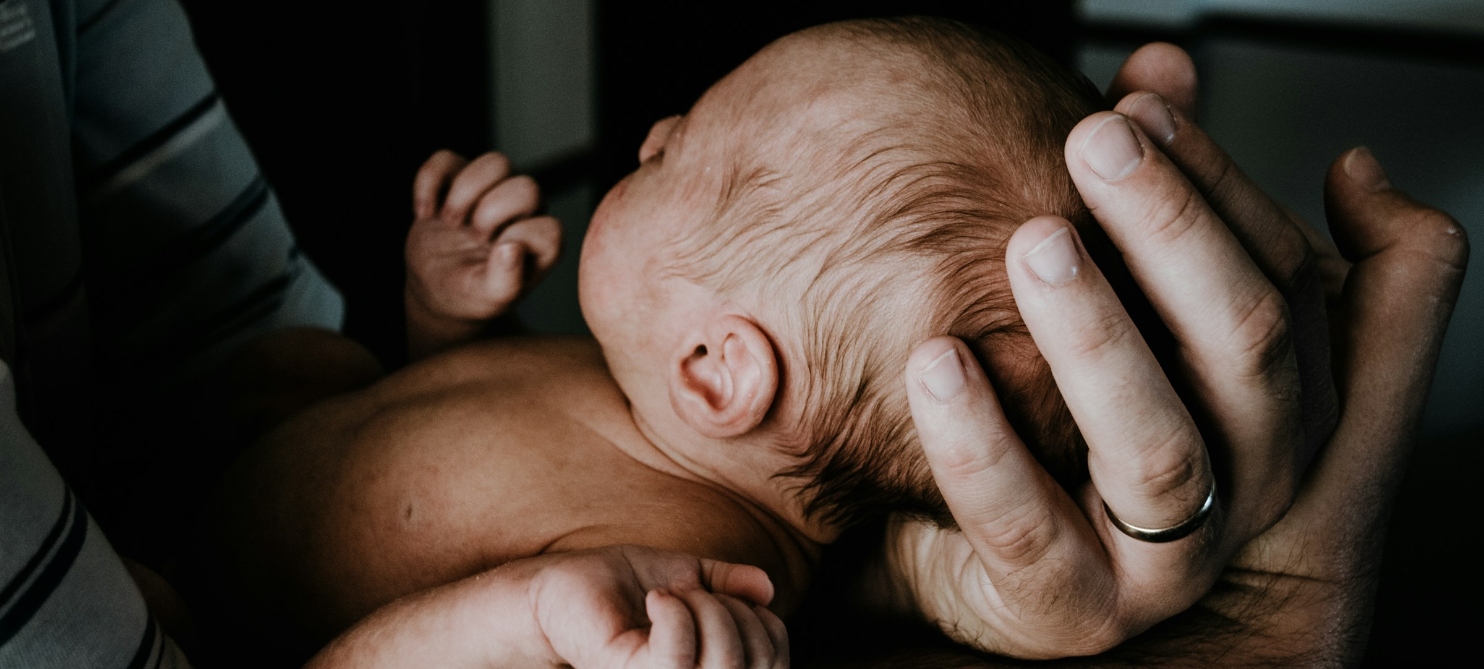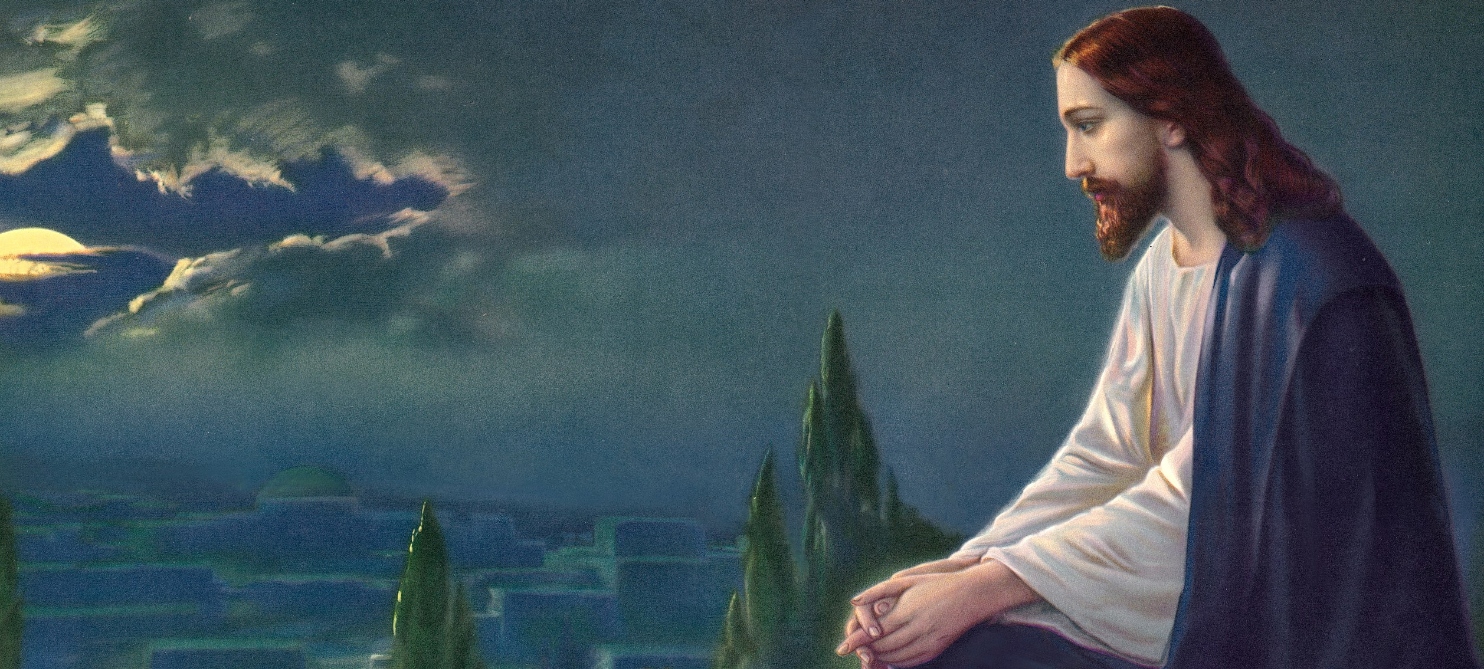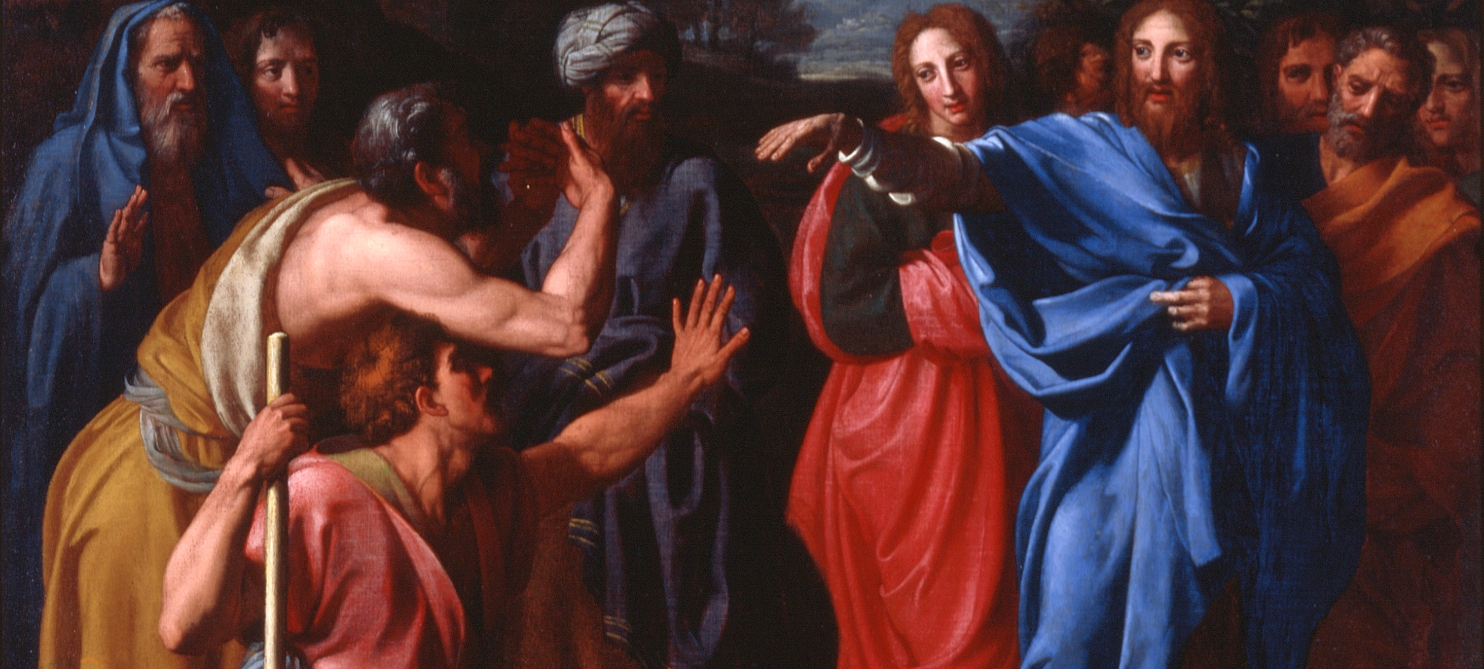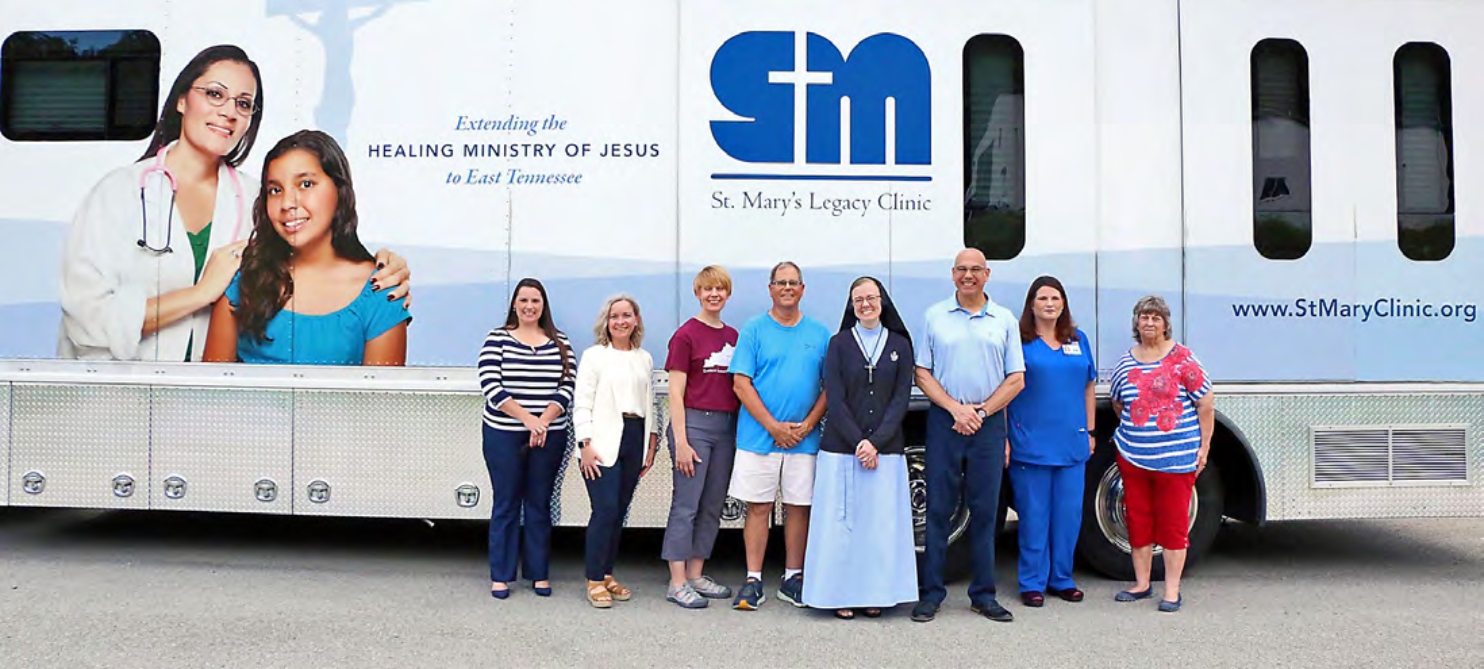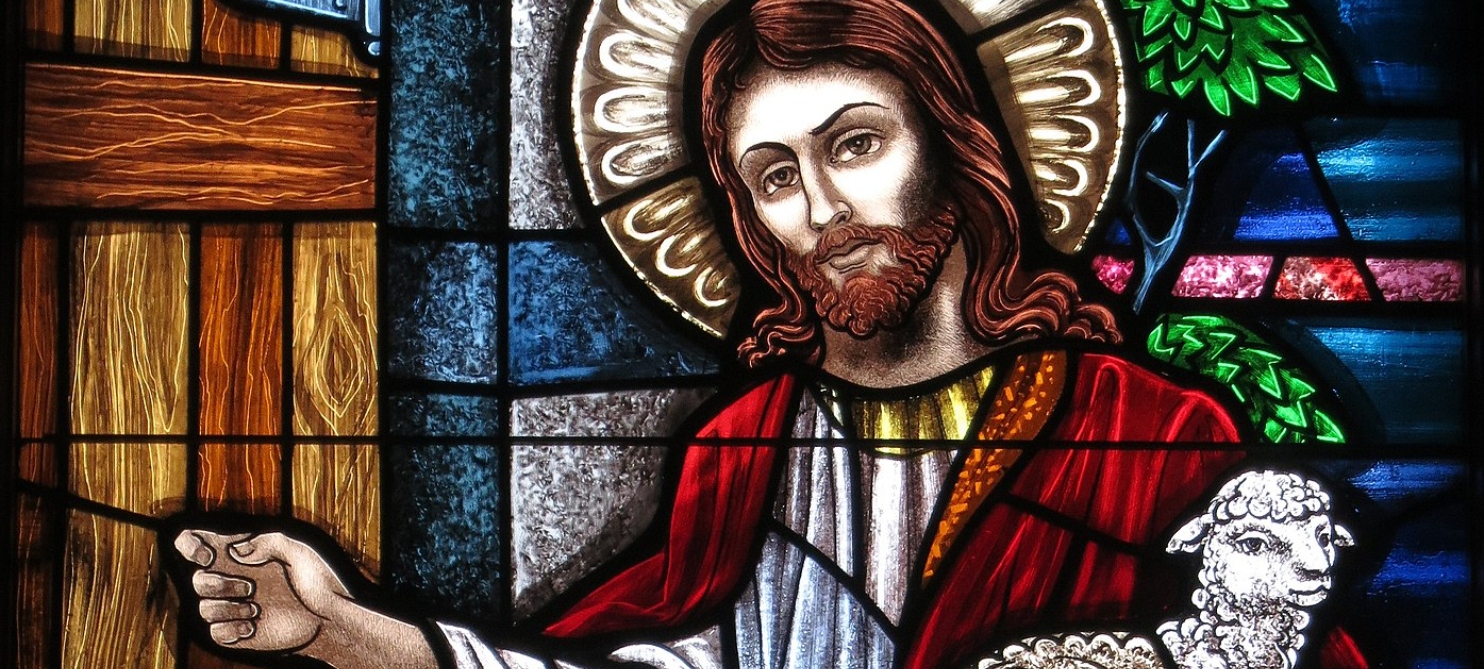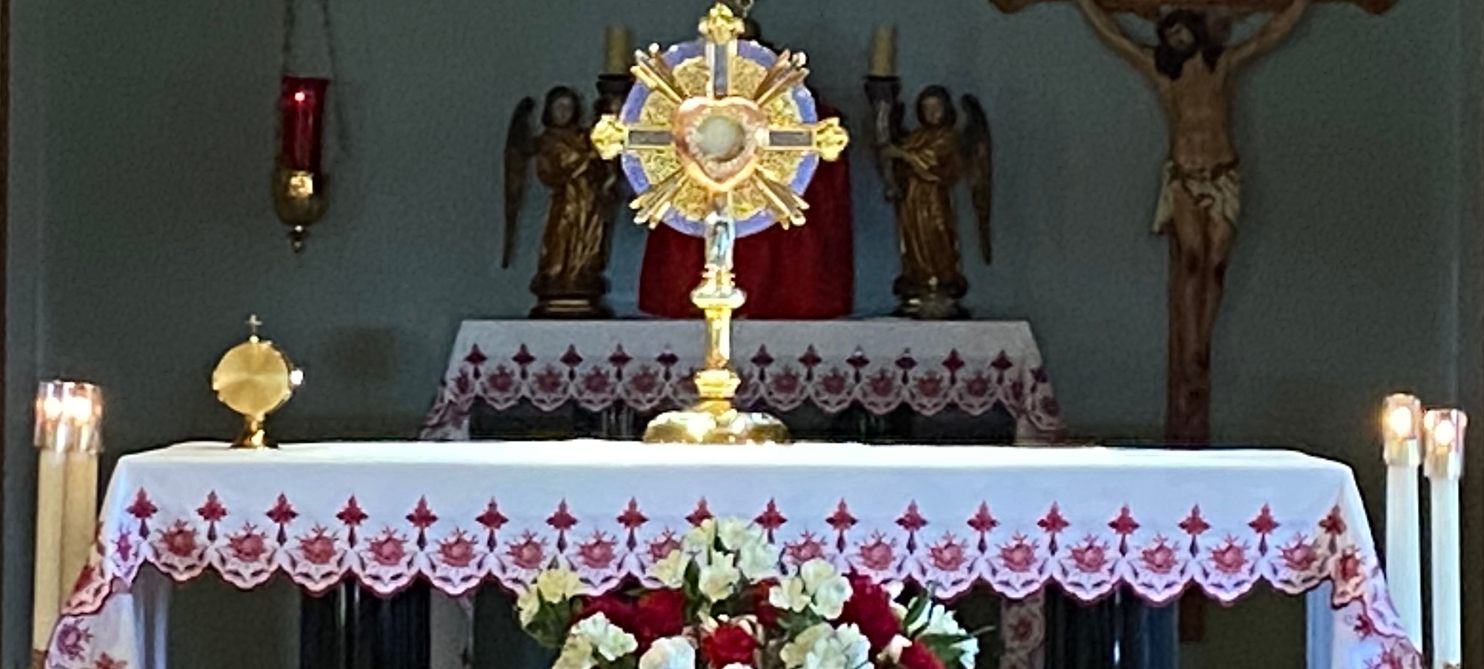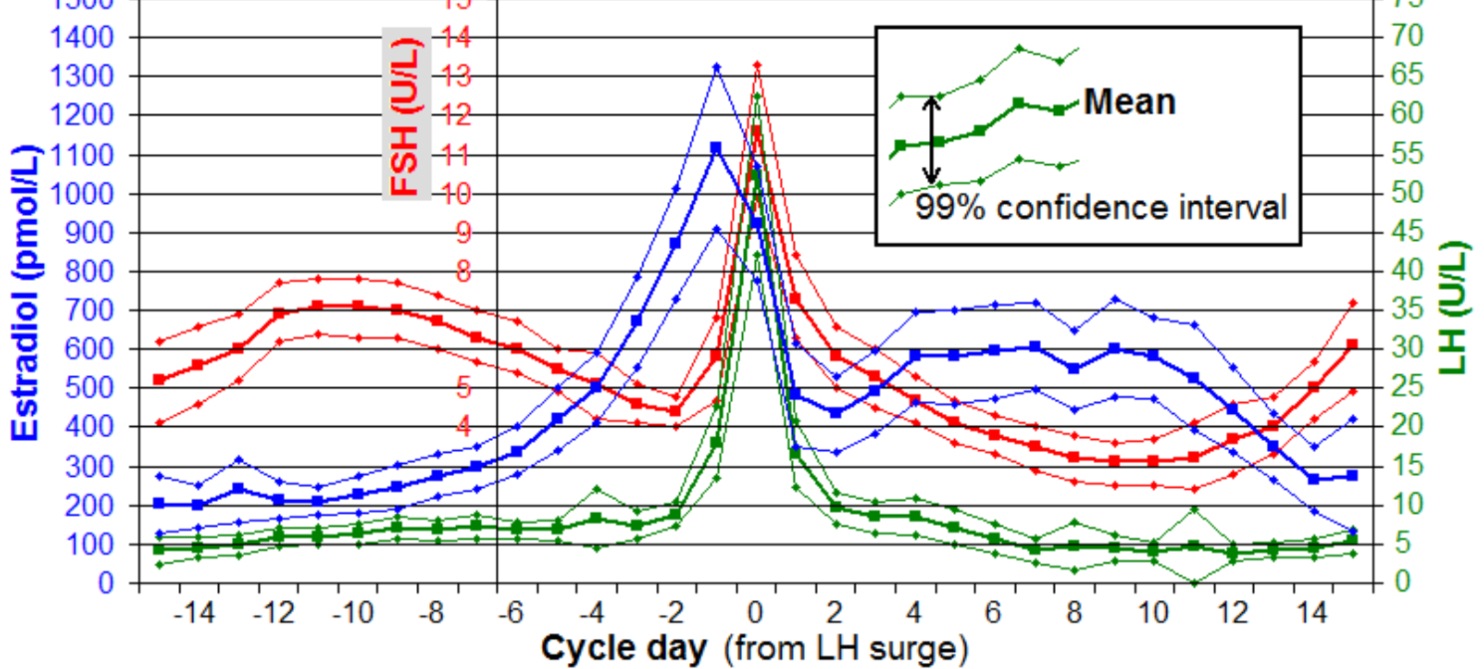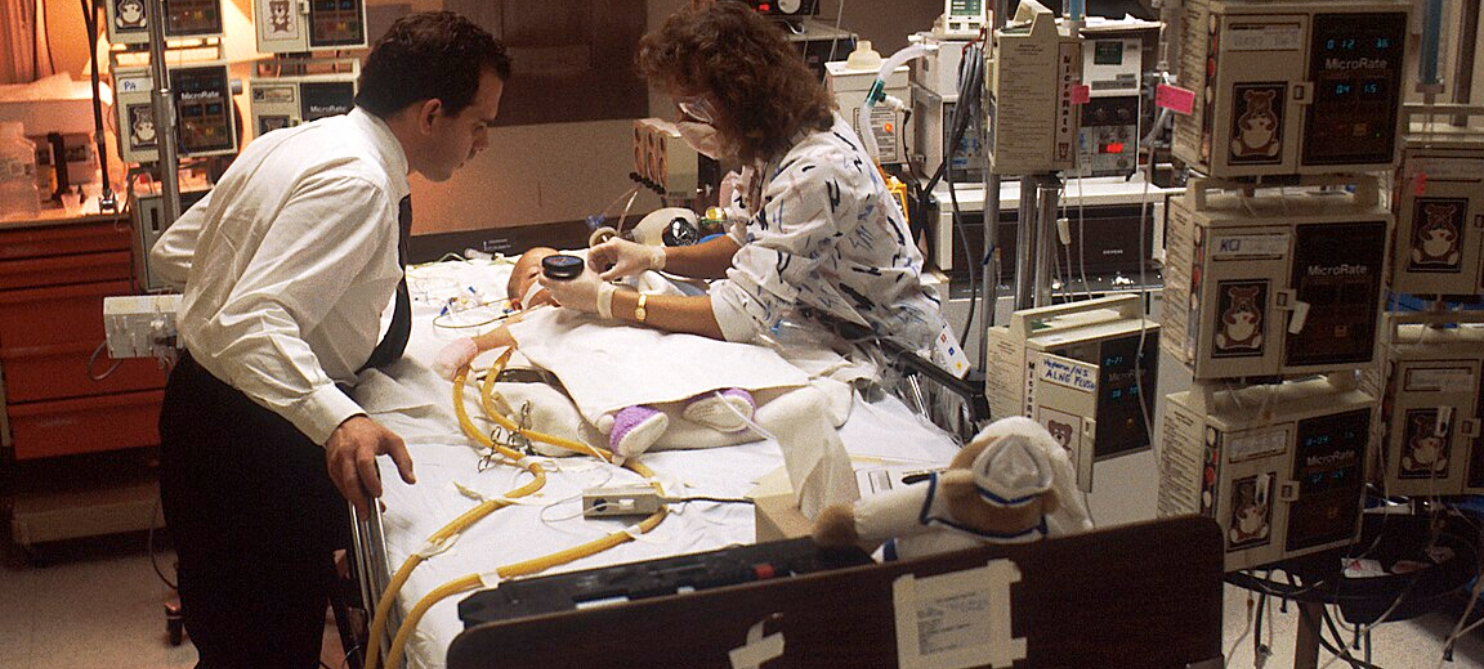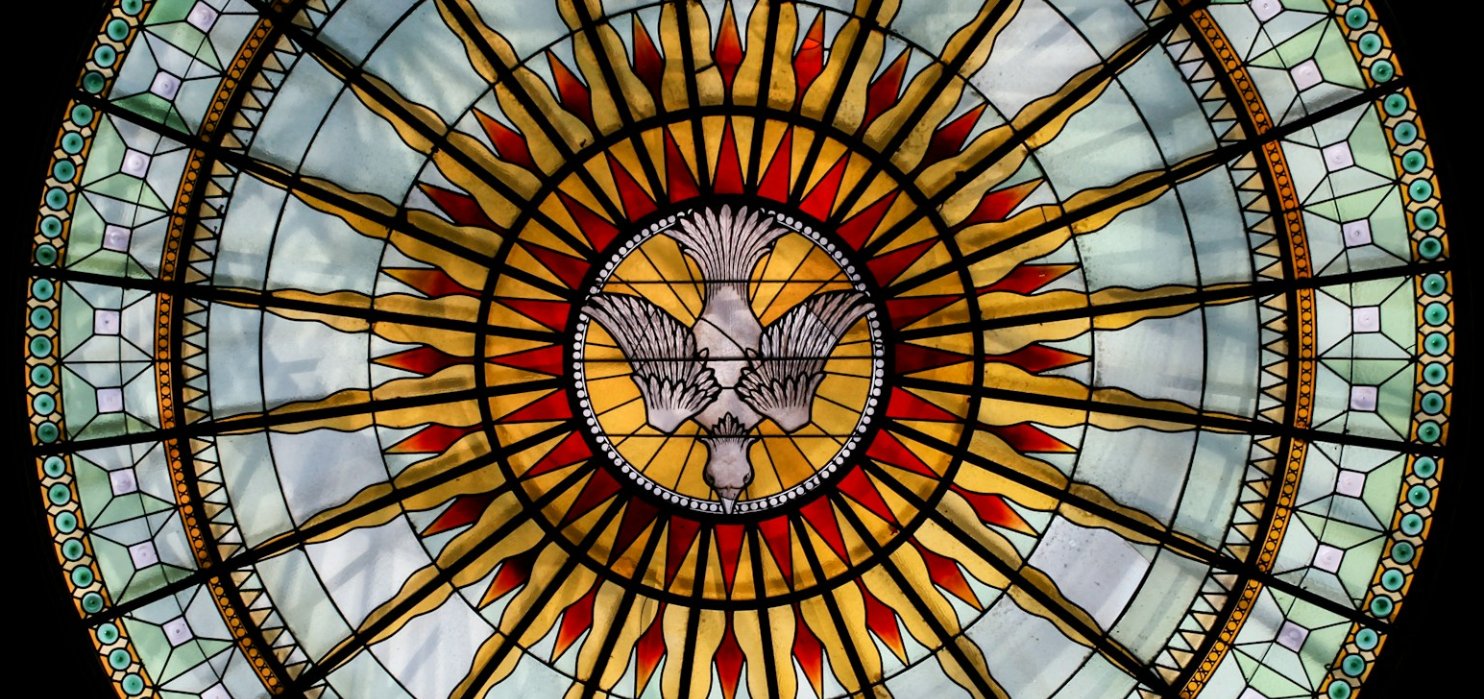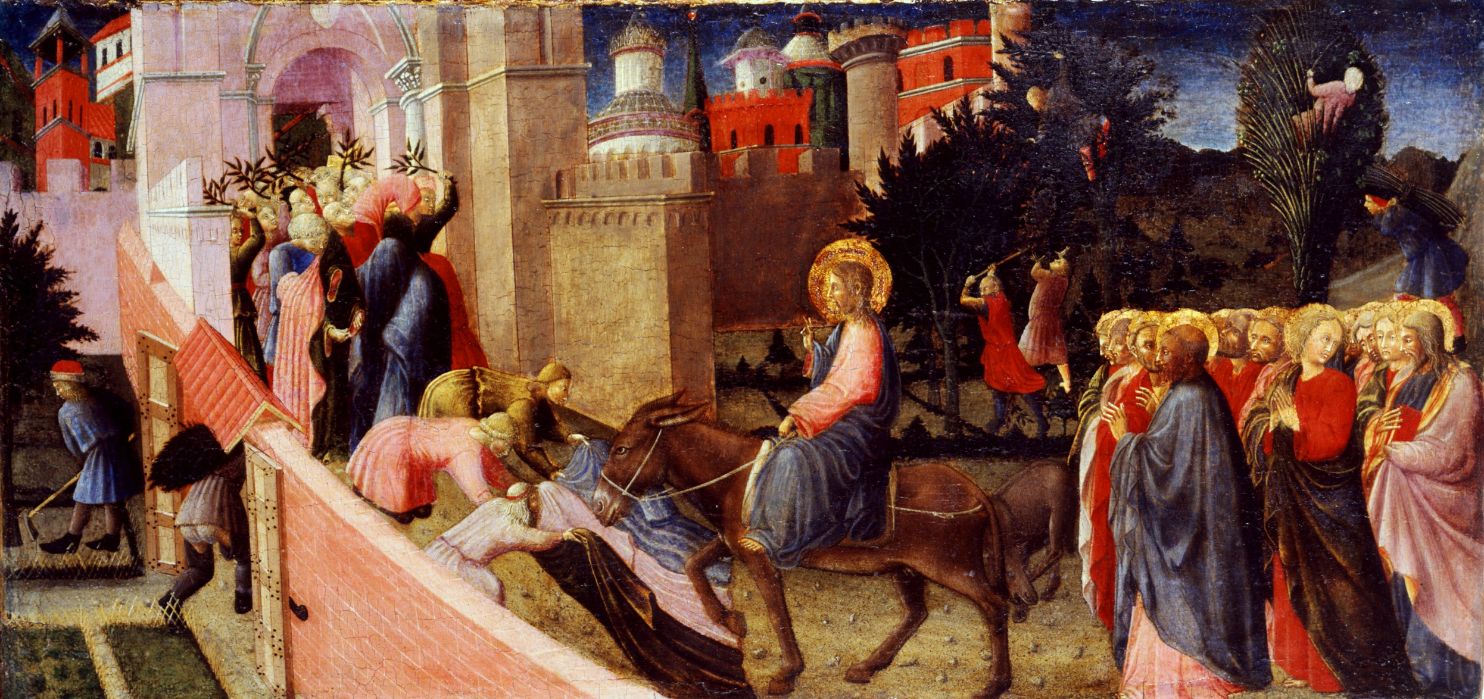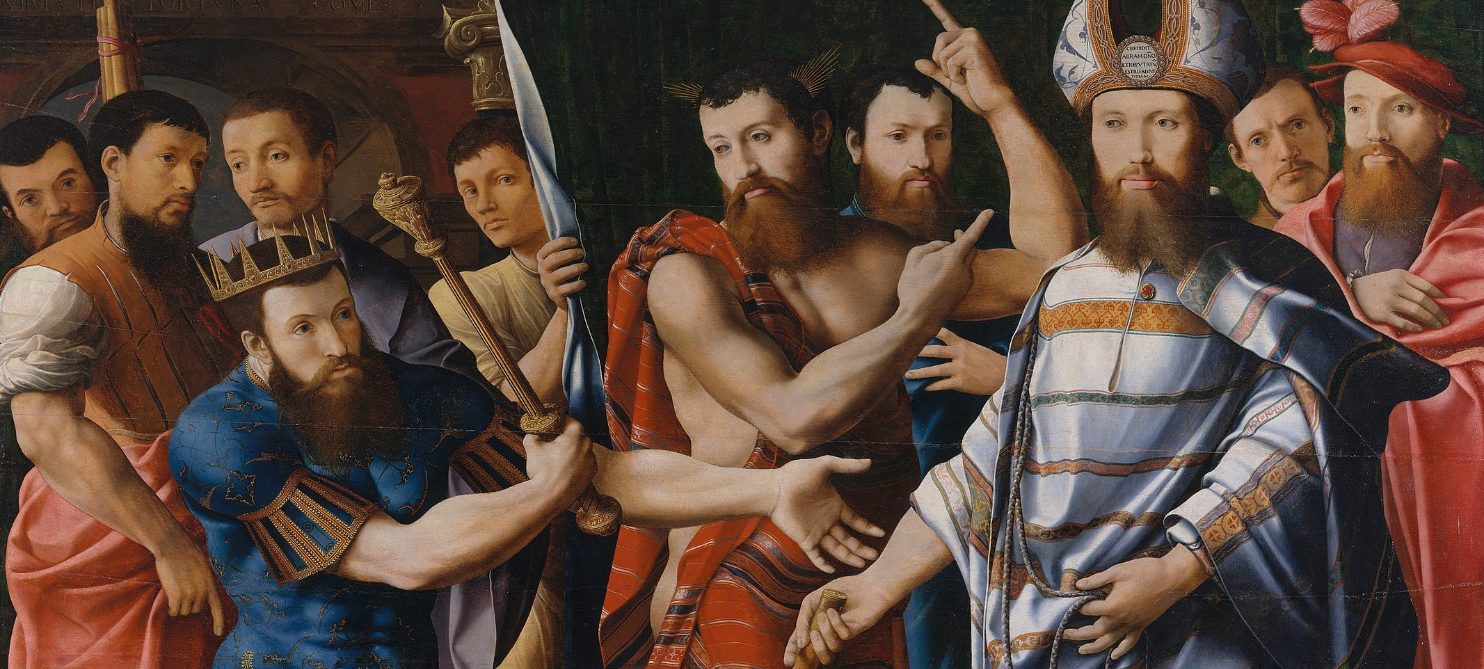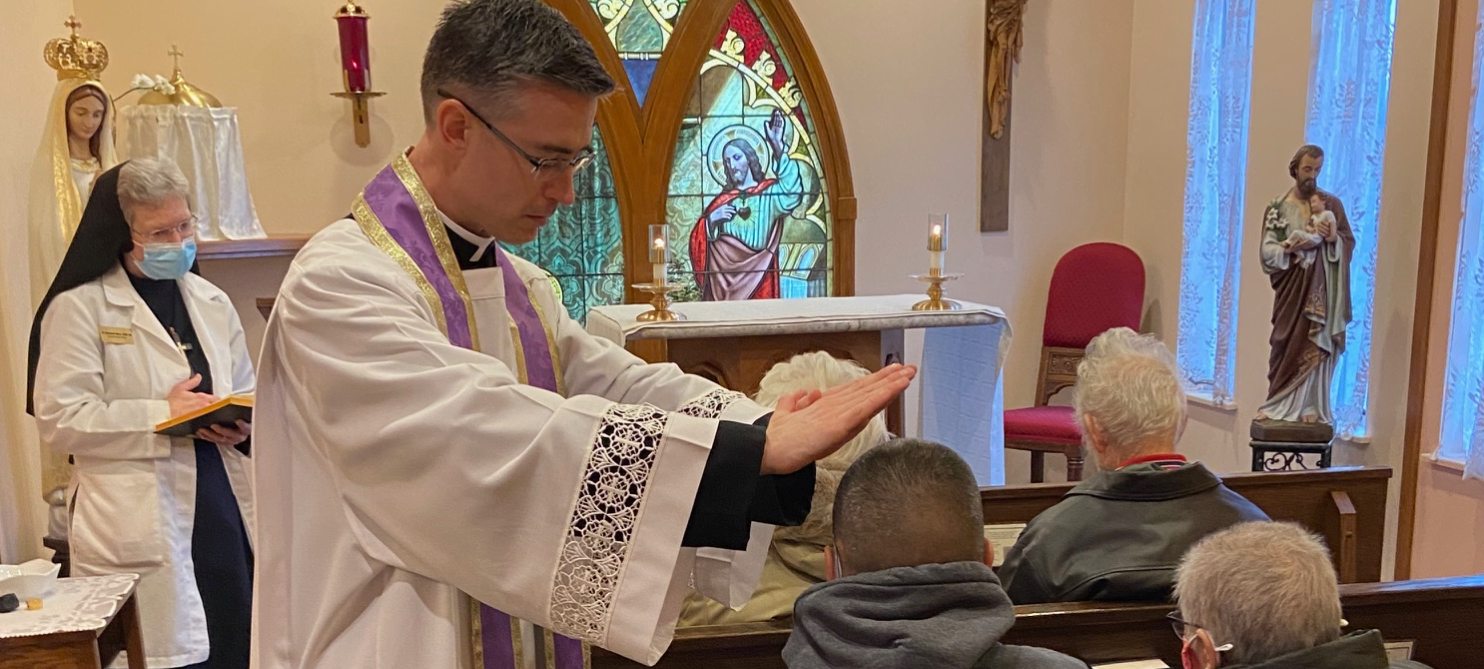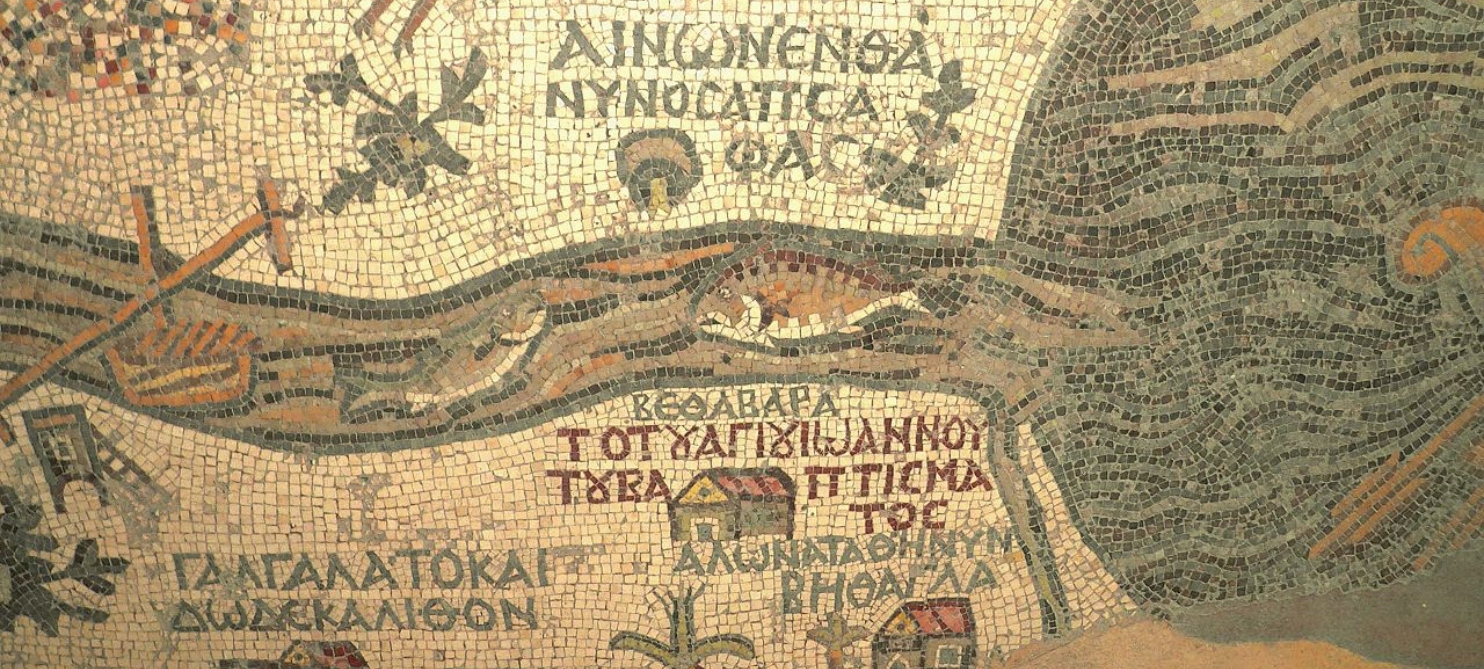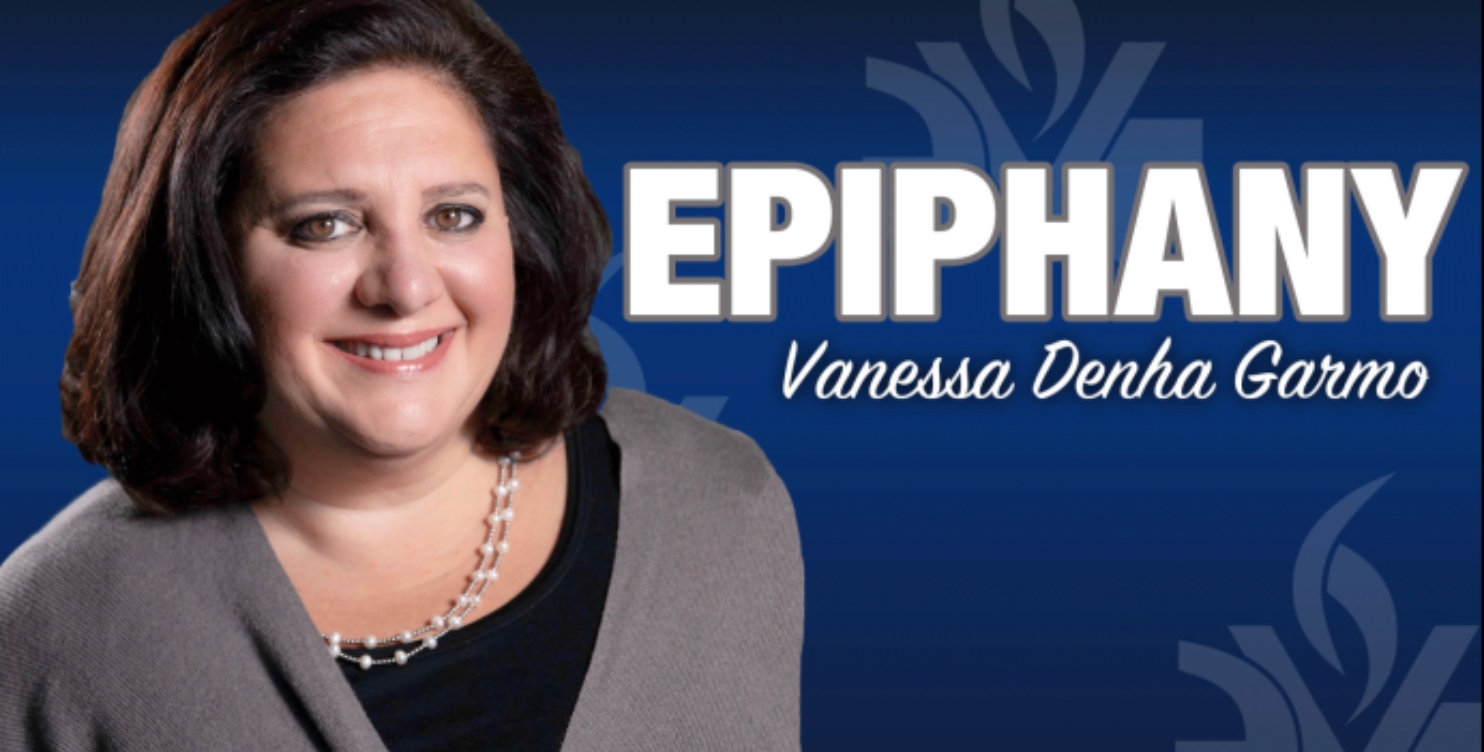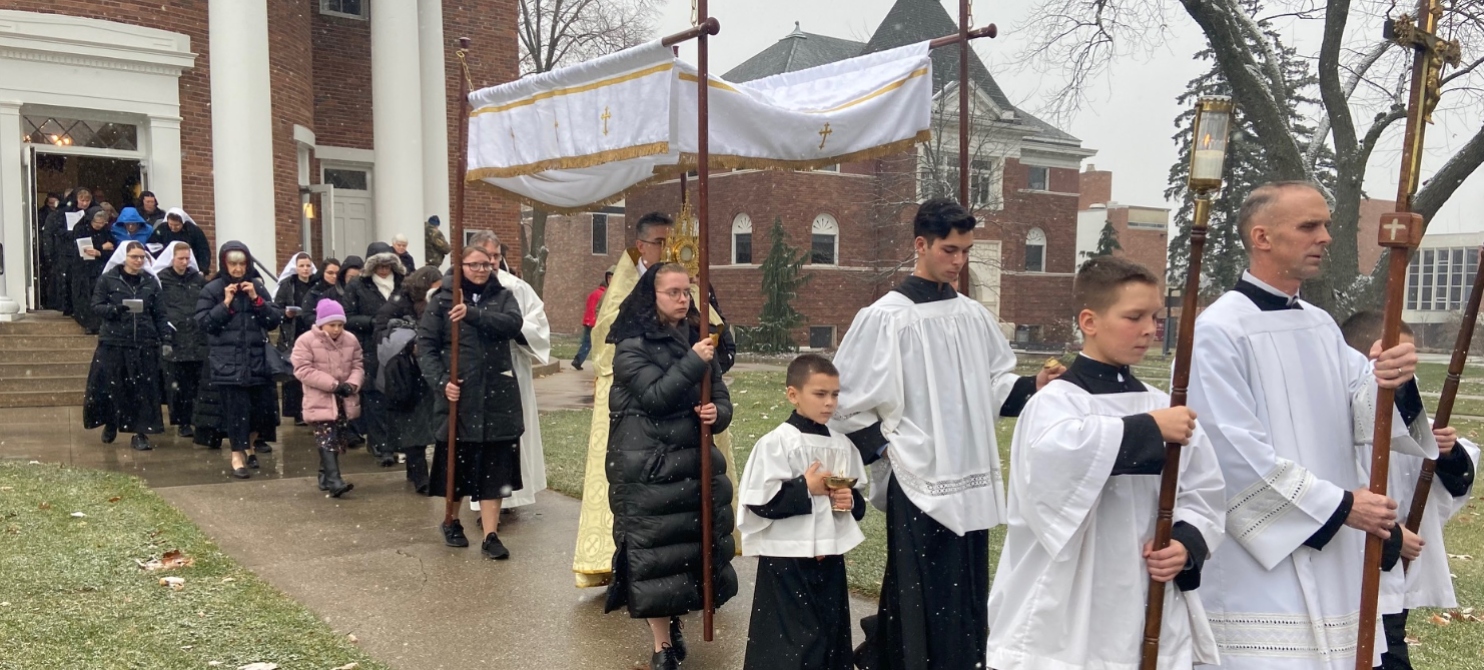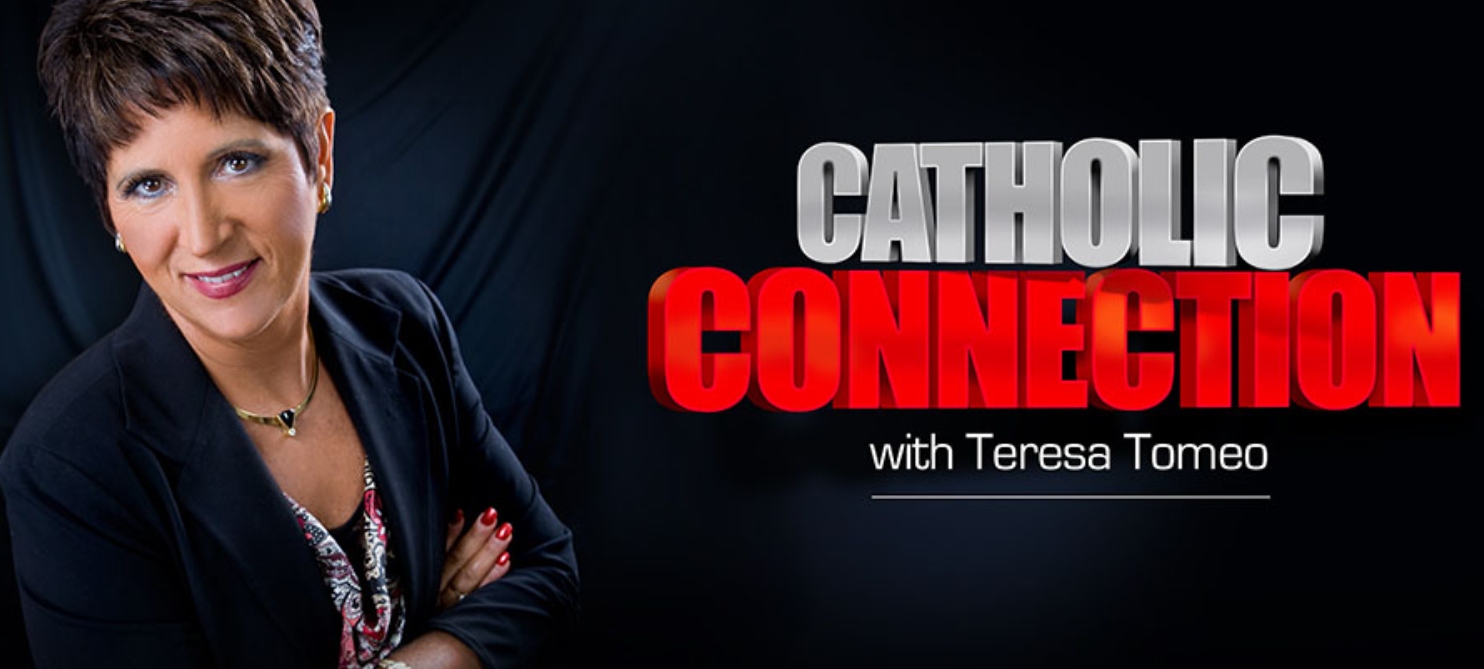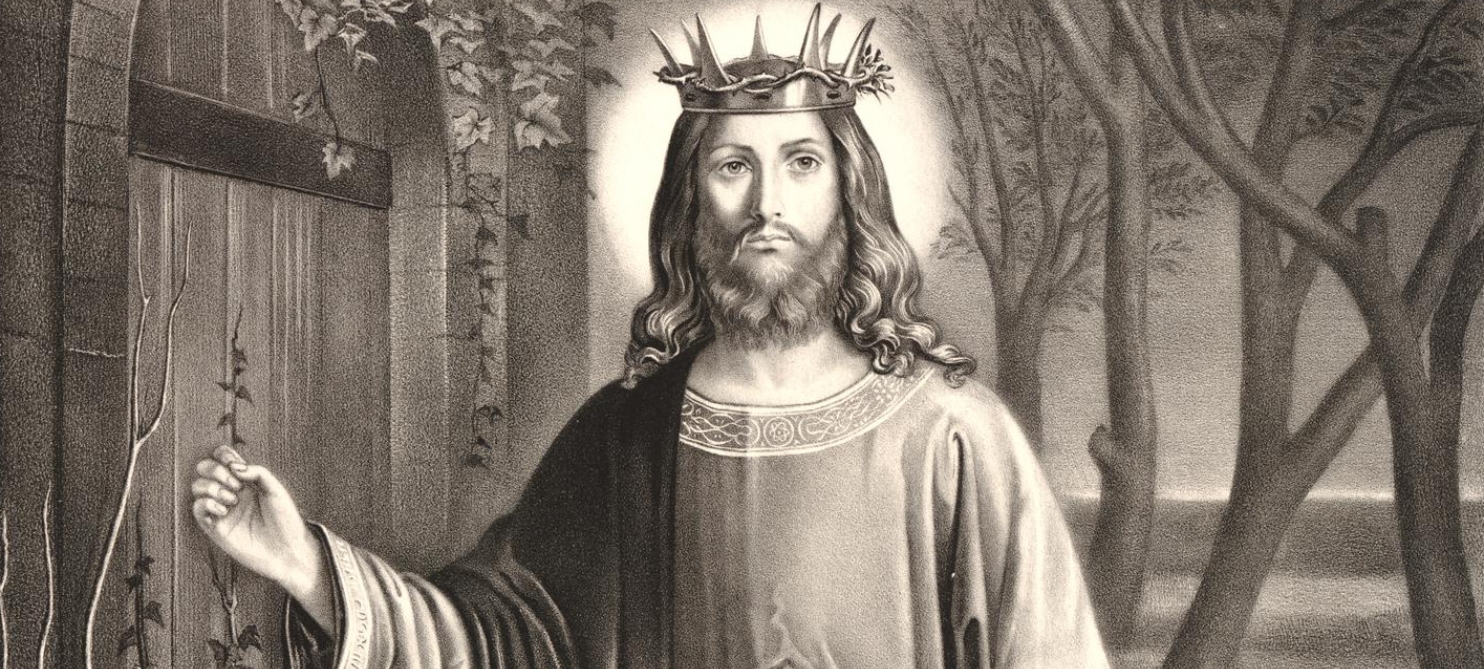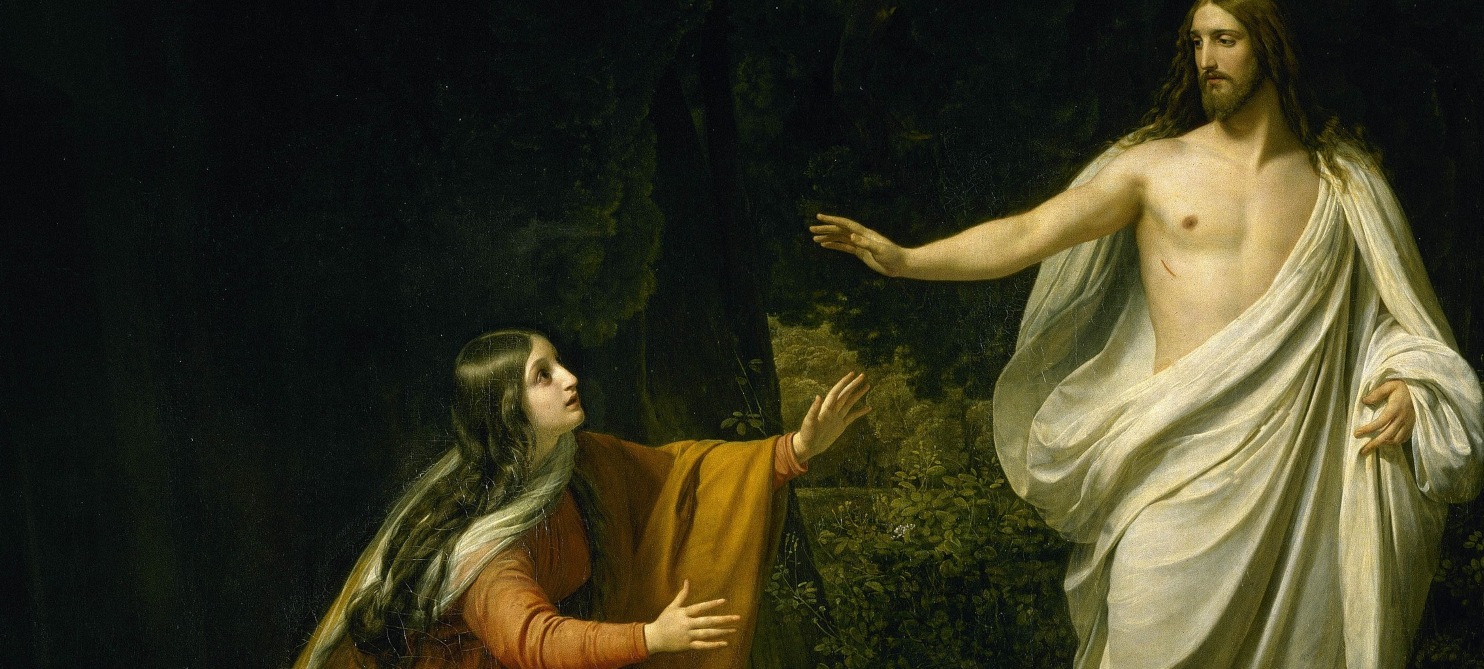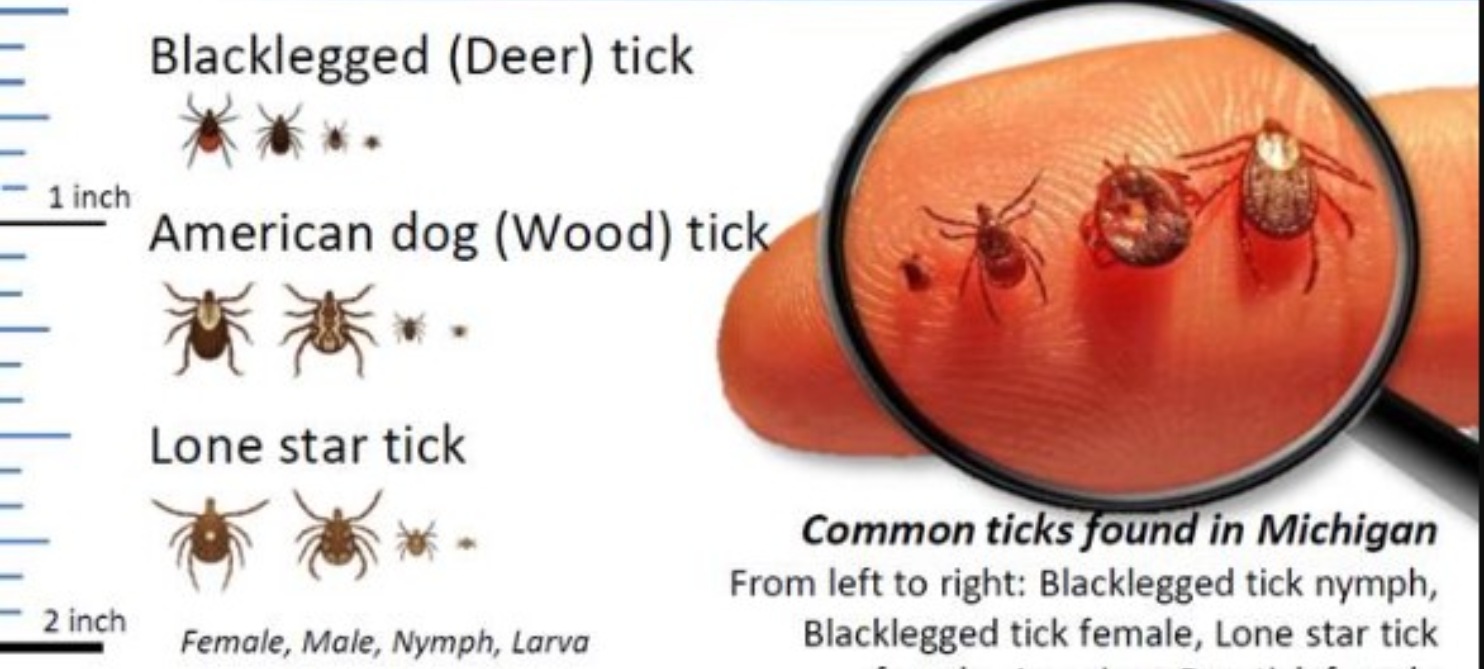“Thanksgiving” is an orientation of the heart, and it means that we are devoted to giving thanks to God for all His gifts and His mercies. He loved us and called us to life; He strengthens us to continue on our way towards Him each day. All that we are, all we have, we owe to Him. And, beyond all this, He has redeemed us by the blood of His Son, Jesus. Jesus is now with us in the Church, His body, and He nourishes us with His Body and Blood during this pilgrimage of life: He feeds us with the Eucharist. This is the deep meaning of thanksgiving and communion.
For this occasion, we turn to Saint John Henry Newman for this sermon, “Remembrance of Past Mercies:”
And now, behold, I have brought the first-fruits of the land, which Thou, O Lord, hast given me.” [Deut. xxxvi. 5-10.]
Well were it for us, if we had the character of mind instanced in Jacob, and enjoined on his descendants; the temper of dependence upon God’s providence, and thankfulness under it, and careful memory of all He has done for us. It would be well if we were in the habit of looking at all we have as God’s gift, undeservedly given, and day by day continued to us solely by His mercy. He gave; He may take away. He gave us all we have, life, health, strength, reason, enjoyment, the light of conscience; whatever we have good and holy within us; whatever faith we have; whatever of a renewed will; whatever love towards Him; whatever power over ourselves; whatever prospect of heaven. He gave us relatives, friends, education, training, knowledge, the Bible, the Church. All comes from Him. He gave; He may take away. Did He take away, we should be called on to follow Job’s pattern, and be resigned: “The Lord gave, and the Lord hath taken away. Blessed be the Name of the Lord.” [Job i. 21.] While He continues His blessings, we should follow David and Jacob, by living in constant praise and thanksgiving, and in offering up to Him of His own.[i]
“We are not our own… We are God’s property by creation, by redemption, by regeneration”
We are not our own, any more than what we possess is our own. We did not make ourselves; we cannot be supreme over ourselves. We cannot be our own masters. We are God’s property by creation, by redemption, by regeneration. He has a triple claim upon us. Is it not our happiness thus to view the matter? Is it any happiness, or any comfort, to consider that we are our own? It may be thought so by the young and prosperous. These may think it a great thing to have everything, as they suppose, their own way,—to depend on no one,—to have to think of nothing out of sight,—to be without the irksomeness of continual acknowledgment, continual prayer, continual reference of what they do to the will of another. But as time goes on, they, as all men, will find that independence was not made for man—that it is an unnatural state—may do for a while, but will not carry us on safely to the end. No, we are creatures; and, as being such, we have two duties, to be resigned and to be thankful.[ii]
“Let us thankfully commemorate the many mercies He has vouchsafed to us in time past”
Let us then view God’s providences towards us more religiously than we have hitherto done. Let us try to gain a truer view of what we are, and where we are, in His kingdom. Let us humbly and reverently attempt to trace His guiding hand in the years which we have hitherto lived. Let us thankfully commemorate the many mercies He has vouchsafed to us in time past, the many sins He has not remembered, the many dangers He has averted, the many prayers He has answered, the many mistakes He has corrected, the many warnings, the many lessons, the much light, the abounding comfort which He has from time to time given. Let us dwell upon times and seasons, times of trouble, times of joy, times of trial, times of refreshment. How did He cherish us as children! How did He guide us in that dangerous time when the mind began to think for itself, and the heart to open to the world! How did He with his sweet discipline restrain our passions, mortify our hopes, calm our fears, enliven our heavinesses, sweeten our desolateness, and strengthen our infirmities! How did He gently guide us towards the strait gate! how did He allure us along His everlasting way, in spite of its strictness, in spite of its loneliness, in spite of the dim twilight in which it lay! He has been all things to us. He has been, as He was to Abraham, Isaac, and Jacob, our God, our shield, and great reward, promising and performing, day by day. “Hitherto hath He helped us.” “He hath been mindful of us, and He will bless us.[iii]
“He has brought us thus far, in order to bring us further, in order to bring us on to the end”
He has not made us for nought; He has brought us thus far, in order to bring us further, in order to bring us on to the end. He will never leave us nor forsake us; so that we may boldly say, “The Lord is my Helper; I will not fear what flesh can do unto me.” We may “cast all our care upon Him, who careth for us.” What is it to us how our future path lies, if it be but His path? What is it to us whither it leads us, so that in the end it leads to Him? What is it to us what He puts upon us, so that He enables us to undergo it with a pure conscience, a true heart, not desiring anything of this world in comparison of Him? What is it to us what terror befalls us, if He be but at hand to protect and strengthen us? “Thou, Israel,” He says, “art My servant Jacob, whom I have chosen, the seed of Abraham My friend.” “Fear not thou worm Jacob, and ye men of Israel; I will help thee, saith the Lord, and thy Redeemer, the Holy One of Israel.” “Thus saith the Lord that created thee, O Jacob, and He that formed thee, O Israel, Fear not; for I have redeemed thee, I have called thee by thy name; thou art Mine. When thou passest through the waters, I will be with thee; and through the rivers, they shall not overflow thee; when thou walkest through the fire, thou shalt not be burned; neither shall the flame kindle upon thee. For I am the Lord thy God, the Holy One of Israel, thy Saviour” [Isa. xli. 8, 14; xliii. 1-3.].[iv]
_______________________________________________________________________
Works Cited:
Image Credit:
Photo by Matea Gregg on Unsplash
[i] Saint John Henry Newman, “Remembrance of Past Mercies,” in Parochial and Plain Sermons (San Francisco: Ignatius Press, 1997), 1011-1013.
[ii] Ibid.
[iii] Ibid.
[iv] Ibid.
Posted for Thanksgiving
November 28, 2024

